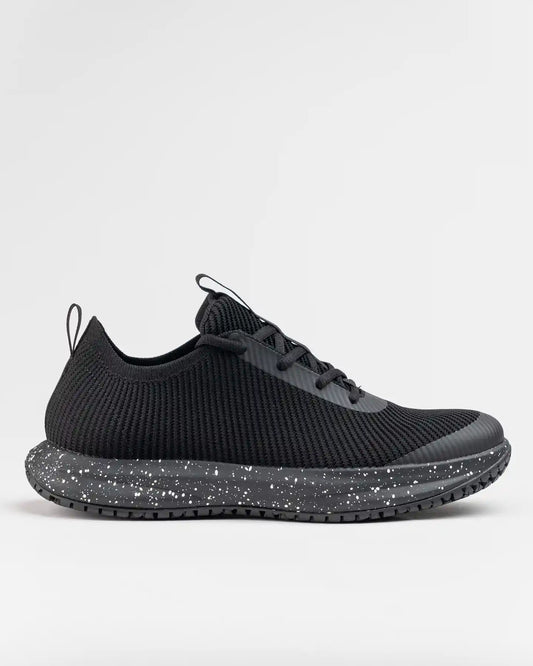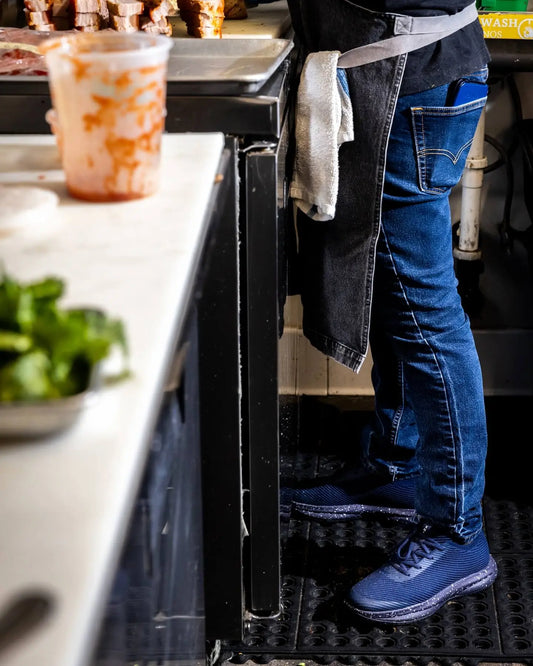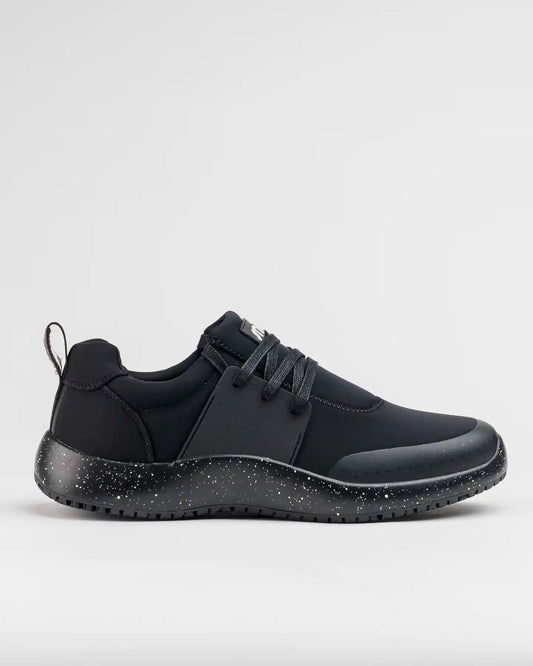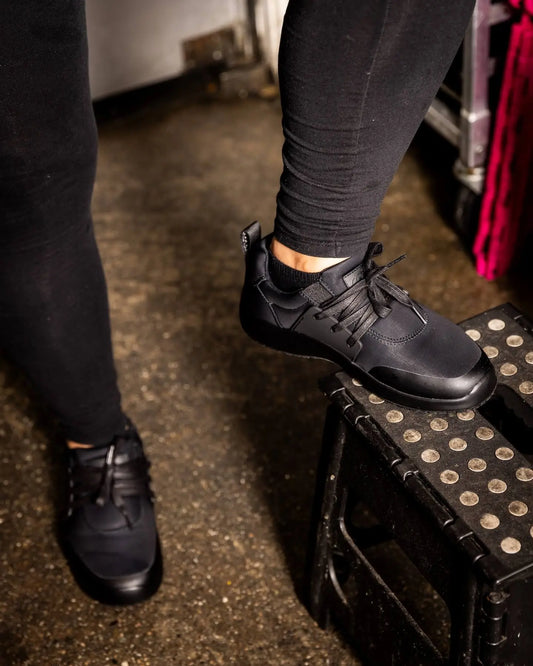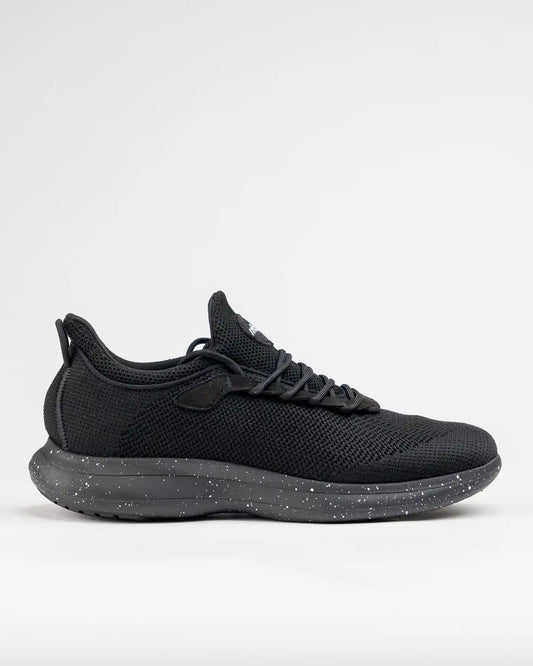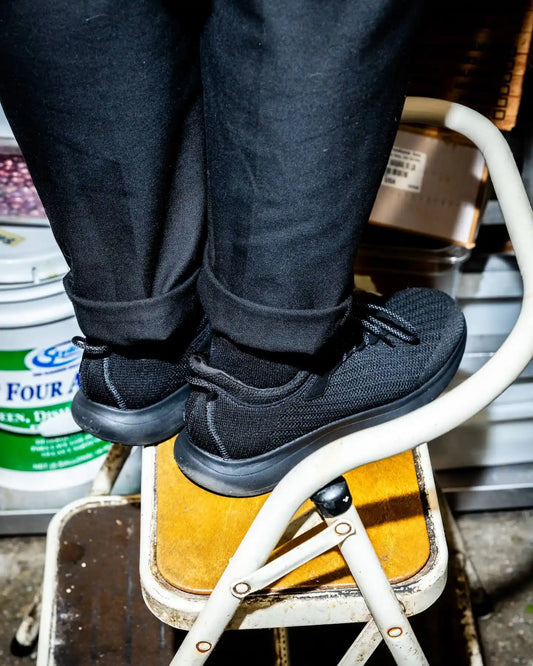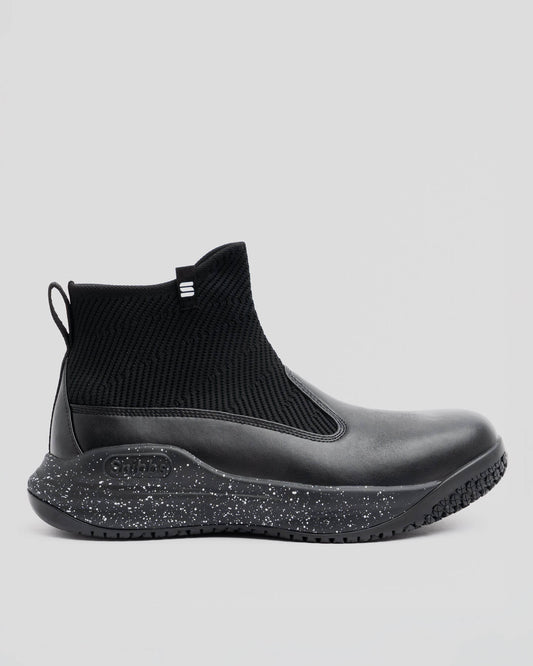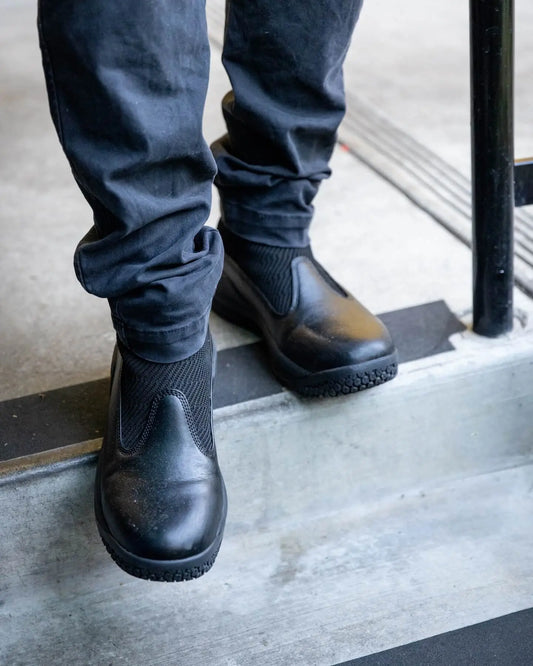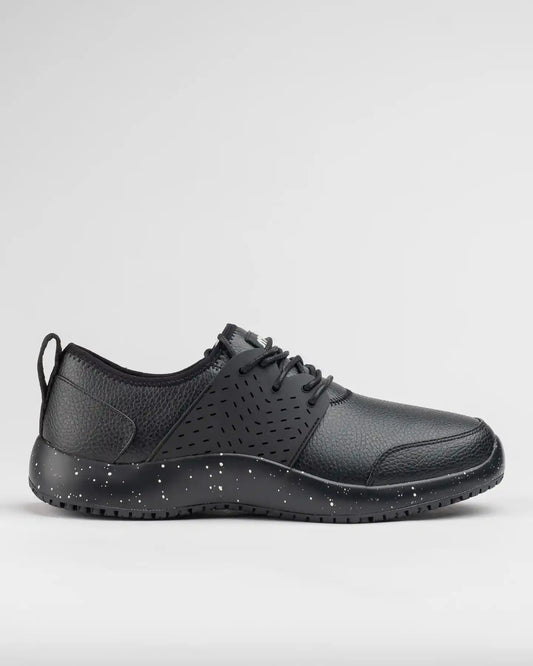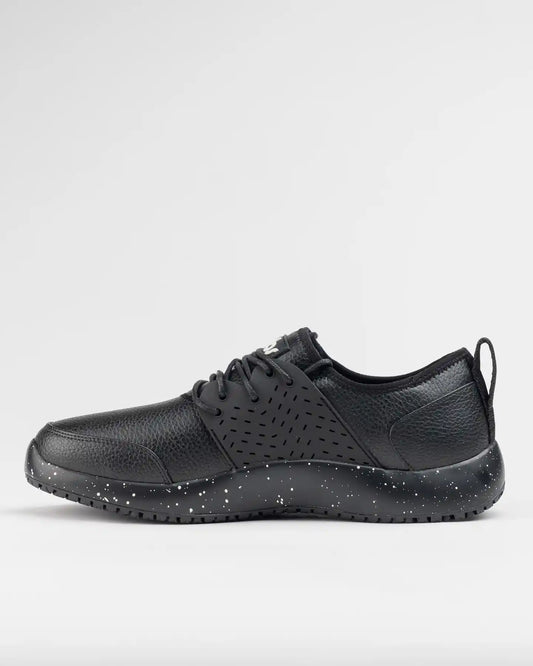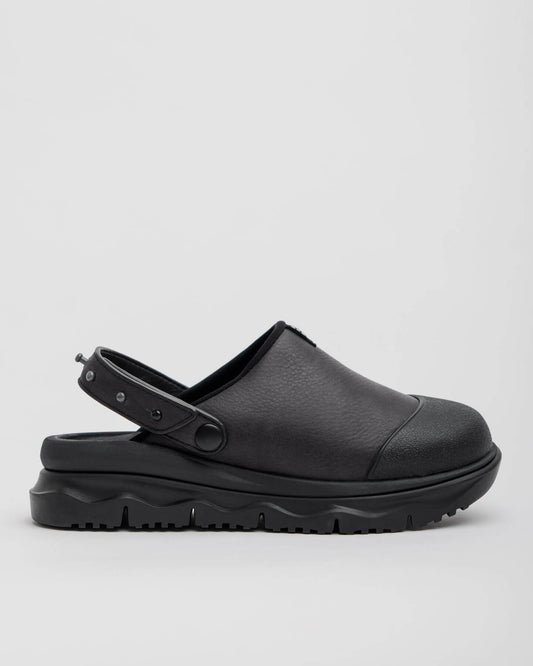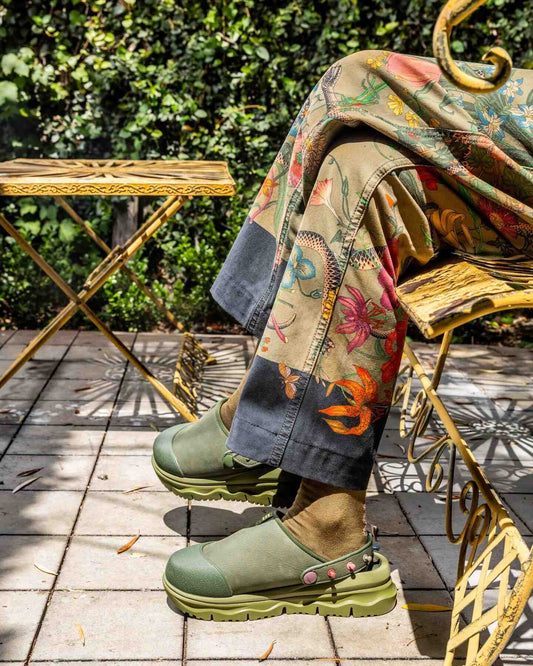6 Safety Tips for Healthcare Workers
Snibbs Footwear
While healthcare workers are modern day heroes in our society, the fact remains that their own safety and security is often at risk. It is only prudent that they follow healthcare best practices to ensure that they stay well while taking care of others. Here are some healthcare worker safety tips that both healthcare workers and their employers need to be mindful of:
1. Protective Equipment
First things first; employers need to ensure that healthcare workers are provided with the necessary protective equipment that keeps them out of harm’s way. This involves ascertaining the needs of the healthcare workers and the exact departments they work in. While gloves and masks are used increasingly with the pandemic, PPE kits typically make it to the list, the one other thing to remember is also to provide the right footwear to healthcare workers who spend a large part of their day on their feet. A comfortable medical shoe with a cushioned insole and a wide toe box is important to keep fatigue at bay especially for people in mission-critical jobs.
2. Lifting Aids
Typically, healthcare workers need to do a lot of heavy lifting. Whether it is to do with patients or heavy equipment, it can be strenuous for workers. As far as possible, mechanical aids for the lifting should be provided. These could be by way of pivot disks, slide boards and more. In cases where such aids aren’t a possibility, healthcare workers must be trained to undertake the lifting carefully. This involves training them to keep the load close to their body, keeping a good posture, and more. Working in pairs is also a good way to distribute the load.
3. Hygiene
There is no better way to prevent the spread of infection than good hand hygiene, a lesson that the entire world is waking up to, on account of the pandemic. For healthcare staff, particularly, who are dealing with patients at close quarters, ensuring that good hand hygiene is maintained is necessary. Due care must also be taken in handling bed linen to prevent contamination.
4. Needle Handling
Improper needle handling can lead to potential hazards including transferring of infection. It is imperative, therefore, that the staff is properly trained. There is also merit in putting up posters that act as a reminder medium for safe handling procedures.
Similarly, when dealing with any sharp devices, it is important to be careful. Some of the aspects that help prevent accidents include, announcing when passing sharp objects as also using neutral zones when passing sharp objects as opposed to passing them hand-to-hand.
5. Workplace Violence
While we may not associate medical setups with violence, the fact that violence from patients and family members is common. So much so, that OSHA has put together a guide for handling workplace violence. The violence prevention programs among other things include advisory on worksite analysis and hazard identification, safety and health training, and more.
6. Chemical Hazards
It is also important to train employees to help prevent chemical hazards, as medical workers are exposed to chemotherapeutic agents and medications. Not only do medical professionals need to be provided access to the details of the composition of each chemical but they also need to be trained about how to handle these substances, safely.
While this list is by no means comprehensive, these healthcare best practices can go a long way in ensuring worker safety as they work hard to save the lives of many.